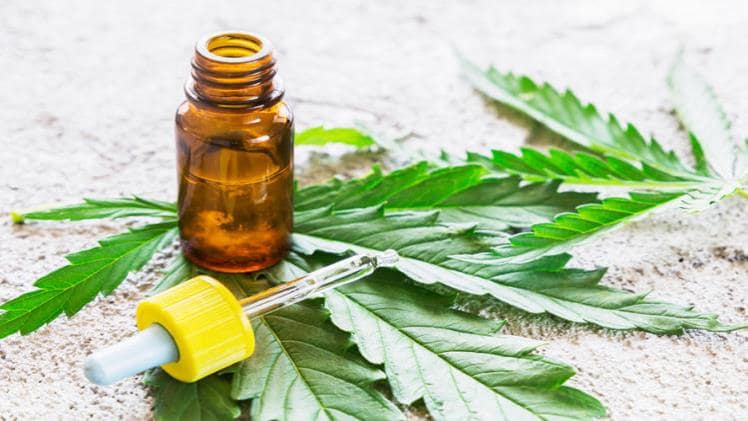If you’ve been curious about the benefits of HHC, it may be because of the semi-synthetic cannabinoid. While HHC is far less potent than Delta-8 THC, it has recently gained popularity as a supplement to traditional treatments. We’ll look at how it interacts with CB receptors to understand its benefits. To make HHC distillate, platinum or palladium must be added to the reaction. To learn more, you can visit this https://www.stateofmindlabs.com/store/HHC-Distillate-p428697558 link.
HHC is a semi-synthetic cannabinoid:
Although it is not entirely clear what its therapeutic and medicinal properties are, the substance has excellent potential. Although research on HHC is limited, experts are hopeful about its potential uses. Some seasoned users point out its potential benefits, but caution should be exercised before using it. You should conduct due diligence before purchasing any products containing HHC, including checking the brand’s reputation and assessing third-party lab reports.
Hydrogenation is the process used to create HHC. The process involves breaking the bond between hydrogen atoms and electrons in an organic compound. It dramatically increases the cannabinoid’s longevity and makes it resistant to oxidation, heat, and UV light. Hence, many consumers seek HHC supplements for their health and wellness needs.
It interacts with CB receptors:
It is unknown if HHC can show up on drug tests. It is one of the newest cannabinoids on the market and is similar to THC in its structure and molecular structure. More research on HHC is required before it can be sold for human use. Here are some of the benefits of HHC in humans. These cannabinoids may reduce pain and symptoms.
Both THC and HHC are cannabinoids found in marijuana. Although they are chemically related, they have different properties. HHC has a higher hydrogen saturation than THC, which makes it stronger. THC is one of the least stable cannabinoids, losing hydrogen atoms during oxidation. As a result, it takes on a new identity, CBN, when it binds to its receptors.
It is less potent than Delta-8 THC:
While the two main cannabinoids, THC and Delta-8 THC, are similar in effect, the differences lie in their potency. Both are synthesized through a unique distillation process and are not found in nature. Although Delta-8 THC is less potent than HHC, they can have similar effects. This is why you can find both in a wide variety of products.
Unlike Delta-8 THC, HHC is more stable than Delta-8. As a result, it can withstand prolonged shelf life. Our liver metabolizes Delta-8 THC into other cannabinoids, including cannabinol. It’s the ultimate sleep cannabinoid with the lowest THC potency, but it’s not as popular as HHC. In addition, plant breeders have not yet developed a way to breed cannabis with high Delta-8 levels selectively.
It is gaining popularity as a supplement to traditional therapies:
Unlike its THC cousin, HHC has a much shorter shelf life and is not as well-known as CBD or THC. Both of these cannabinoids are commonly available in hemp-derived products. To raise awareness of HHC, leading manufacturers such as Fresh Bros. are launching a new product with high amounts of HHC and an educational campaign.
HHC distillate is produced using a hydrogenation process, which converts naturally-occurring THC in to HHC. Hydrogenation is not restricted to cannabinoid production, though. It is also the method used to make margarine. It has a long history in the food industry but is relatively new as a supplement to traditional therapies.
It contains microbial, mycotoxins, farming chemicals, or heavy metals:
There is some concern about whether HHC distillate contains microbial, agricultural, or farming chemicals. Mycotoxins are highly toxic compounds that are secondary metabolites of fungi. Some of these toxins are toxic to humans for long periods. One of the most well-known toxic fungal by-products is Aflatoxin, a cancer-causing molecule produced by several Aspergillus mold species.
Some studies have linked exposure to mycotoxins in indoor air with an increased risk of disease and death. However, a promising method is the cytotoxicity test of indoor air condensate. However, further research is required to confirm the results. It would be helpful if HHC distillate contained no contamination from farming chemicals, mycotoxins, or other heavy metals.

